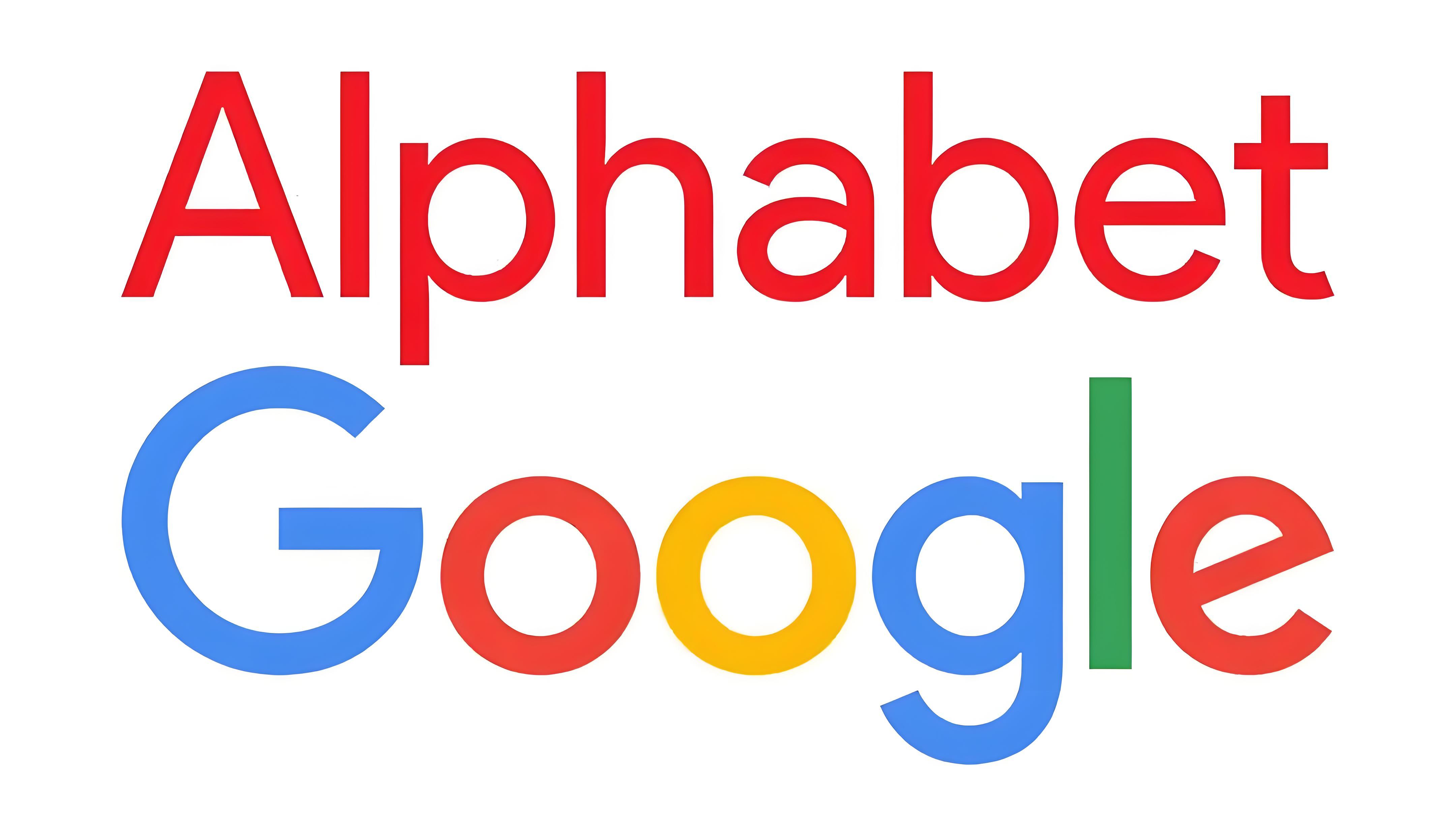
In the current intense global competition around artificial intelligence (AI), data centers, as critical infrastructure for AI development, have become a focal point in the strategic layouts of major tech giants. Recent contrasting moves by Google's parent company Alphabet and Microsoft regarding data centers have sparked widespread industry attention.
In its Q1 2025 earnings report released on April 25, Alphabet revealed a capital expenditure of $17.2 billion for the quarter, a 22% year-on-year increase, with a planned annual investment of $75 billion primarily for data centers and AI computing infrastructure. Ruth Porat, the company's Chief Financial Officer, stated that this investment will support the continuous iteration of generative AI models and provide underlying computing power for core products such as Google Search and Workspace.
Looking at Alphabet's business segments, while advertising remains its backbone, the cloud business (Google Cloud) is growing robustly, serving as a key driver for its heavy investment in data centers. This quarter, Google Cloud achieved $12.26 billion in revenue, a 28% year-on-year increase. The number of customers using its generative AI tool Vertex AI tripled compared to the same period last year, with over 60% of Global 500 companies having deployed its AI solutions. The annual recurring revenue (ARR) of the cloud business has also exceeded $50 billion. This indicates that Google Cloud is continuously expanding its market share in the cloud computing sector, driving growing demand for computing power.
To meet business growth needs, Alphabet's massive investment will focus on purchasing hardware such as chips and servers to support its generative AI and core businesses. Especially for AI models, the company's Gemini 2.5, regarded as the most intelligent AI model to date, requires powerful computing power for continuous iteration and optimization. Through large-scale data center construction, Alphabet aims to leverage economies of scale to reduce costs, further open up vast opportunities in the enterprise market, and secure a favorable position in the AI competition over the next decade.
In stark contrast, Microsoft has confirmed the suspension of its $1 billion plan to build three data centers in Licking County, Ohio. When announcing the first-phase investment plan for the region last year, Microsoft mentioned an initial investment of $1 billion in facilities in New Albany, Heath, and Hebron, stating that these locations would play a key role in expanding its cloud infrastructure and supporting the global rapid growth of digital services, with most of the growth expectations driven by generative AI and large language models (LLMs).
Noel Walsh, President of Microsoft's Cloud Computing Business, said that in recent years, demand for cloud and AI services has grown beyond Microsoft's expectations. To seize this opportunity, the company began implementing infrastructure expansion projects. "At this scale, any major new initiative requires agility and refinement, as we need to learn and grow alongside our customers." This decision to pause reflects Microsoft's need to reassess its infrastructure requirements amid uncertain economic conditions and weaker-than-expected AI demand.
Since late last year, Microsoft has repeatedly adjusted its data center project strategies. In late December, the company revealed it was pausing the later stages of a large data center project in Wisconsin. Analysts from TD Cowen, a U.S. brokerage firm, noted that Microsoft plans to invest $80 billion in AI data centers this year but has withdrawn from projects totaling 2GW of power in the U.S. and Europe over the past six months, possibly indicating a "supply glut" in its data center portfolio. Additionally, some analyses suggest these changes at Microsoft may be related to its business partner OpenAI. Around the time Microsoft announced the project suspension, U.S. President Trump declared the establishment of a new joint venture, "Stargate," by OpenAI, SoftBank, and Oracle, with a plan to invest $500 billion over four years to increase data center investments in the U.S.—a series of developments signaling a profound shift in AI investment logic.
The divergent data center strategies of Alphabet and Microsoft not only reflect the two tech giants' different judgments of the current market landscape but also foreshadow potential changes in the competitive landscape of AI and related business fields in the future. Alphabet's continuous heavy investment in data centers is expected to further consolidate its technological advantages in AI and expand its market share. While Microsoft has temporarily paused some projects, its deep accumulation in cloud computing and AI leaves room for anticipation about how it will adjust its strategies and redesign its data center layout to meet competition. With the rapid evolution of the tech industry, the moves of these two giants will undoubtedly have a lasting impact on industry development and provide important references for other enterprises in infrastructure construction and strategic planning.

Recently, the dispute over the digital services tax between the US and the EU has escalated again.
Recently, the dispute over the digital services tax between…
Recently, the International Monetary Fund (IMF) and the Org…
A clear consensus has emerged in Europe's economic sphere: …
Thailand said on Tuesday (December 16) that Cambodia must f…
Official data released on Tuesday (December 16th) showed th…
US President Trump has expanded the list of countries subje…